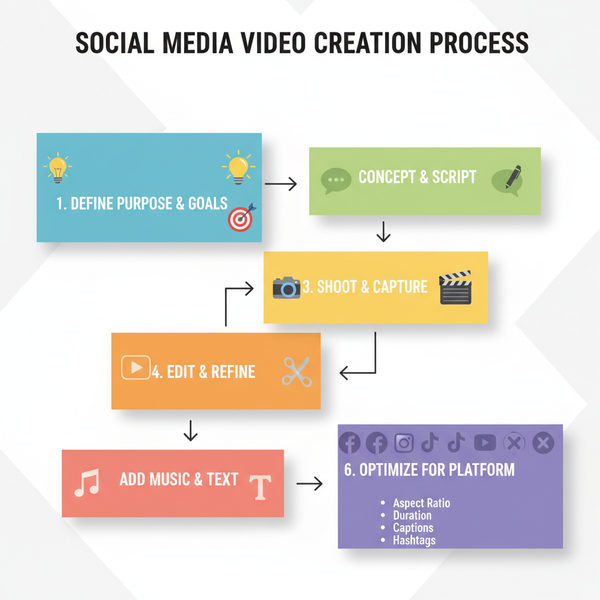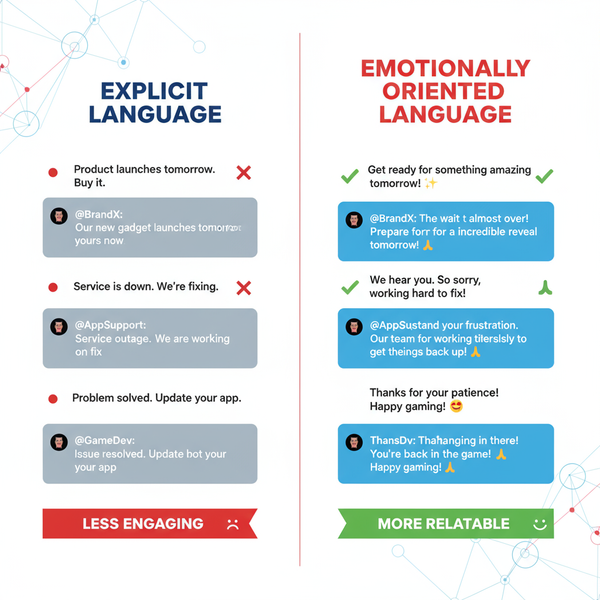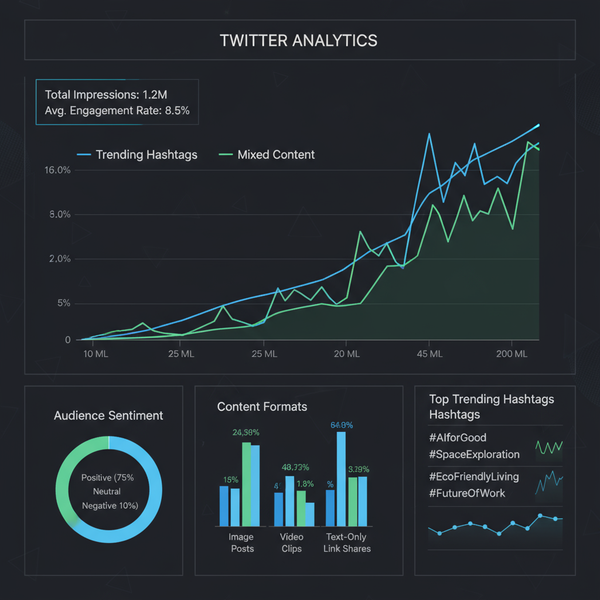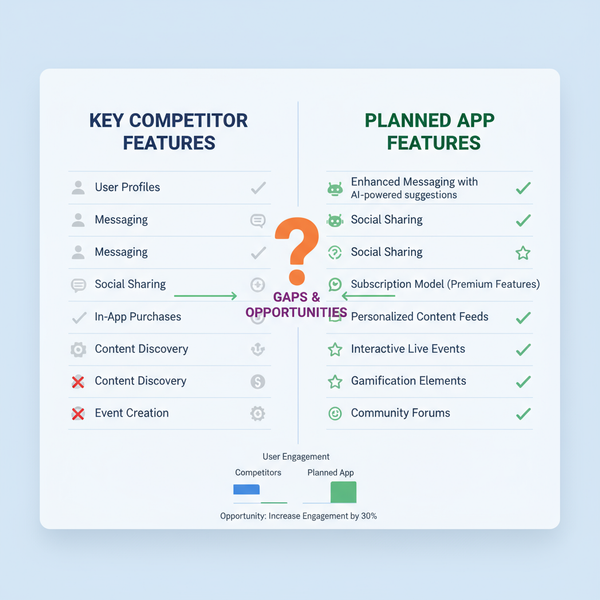Should You Like Your Own Post on Social Media Platforms
Explore the psychology, algorithm effects, and audience perceptions of liking your own social media posts, plus alternatives to boost engagement.
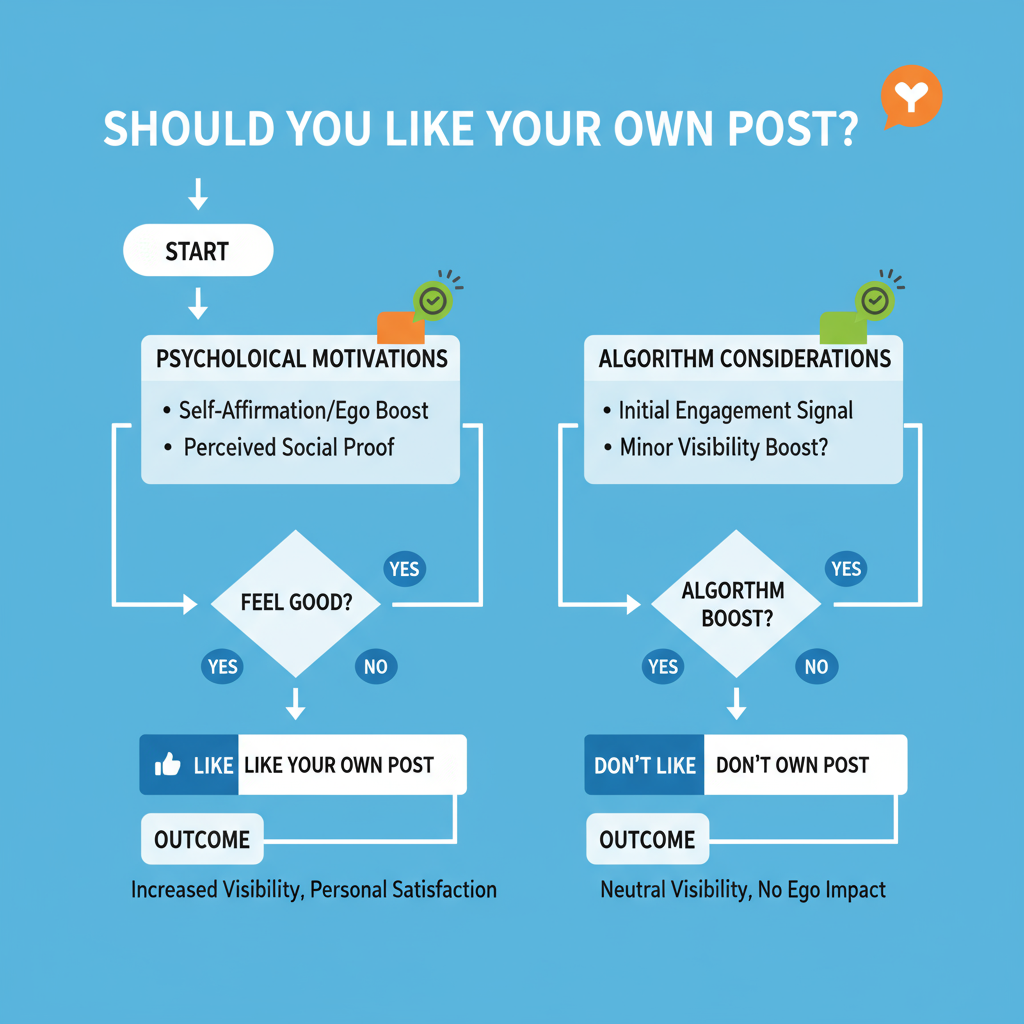
Introduction to Liking Your Own Post on Social Media
Scrolling through your social media feed and giving your own post a thumbs-up or heart may feel harmless, but it’s a surprisingly debated practice. The question, “Should you like your own post?”, connects directly to psychology, platform algorithms, and audience perception. For some, it’s a subtle sign of self-confidence; for others, it feels like an unnecessary pat on the back.
Whether you’re on Instagram, Facebook, LinkedIn, or Twitter/X, understanding the implications of self-liking can help you navigate social media etiquette, optimize posts for reach, and strengthen your personal brand. In this guide, we’ll cover the reasons people self-like, potential algorithmic effects, audience perceptions, platform-specific norms, and alternative engagement strategies that can outperform that single click.

---
Psychological Reasons People Like Their Own Posts
Self-liking often boils down to personal psychology and the human need for affirmation. Common motivations include:
- Validation – Liking your own post reaffirms the value of your message.
- Confidence signaling – It can signal pride in your work or opinion.
- Habit – For some, self-liking is a routine part of engagement.
- Kickstarting interaction – An initial “1 like” can make the post appear more popular, encouraging others to join in.
This behavior is linked to self-affirmation theory, where individuals reinforce their beliefs or outputs through their own actions before external validation arrives.
---
Potential Algorithmic Impact on Reach and Engagement
Social media algorithms often favor posts with early engagement, and a self-like seconds after posting may:
- Increase your post’s initial ranking in followers’ feeds.
- Signal to the algorithm that your content is engaging.
- Lower the “zero likes” barrier, possibly encouraging others to interact.
However, measurable benefits are inconsistent across platforms.
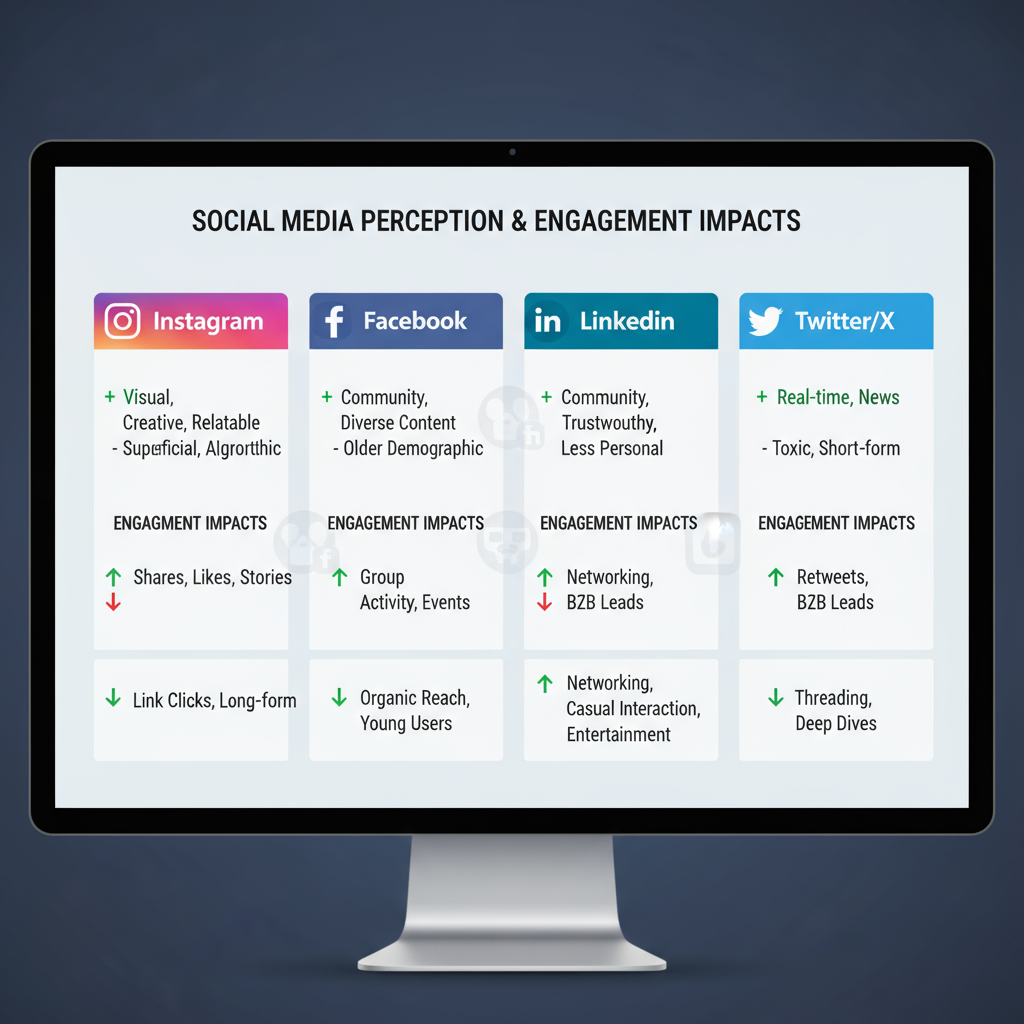
Here’s a simplified overview of possible algorithmic impact:
| Platform | Self-Like Impact on Algorithm | Notes |
|---|---|---|
| Minimal direct boost | Early likes provide slight value, but external engagement is more crucial. | |
| Moderate early boost | Likes from any source can help position content in followers’ feeds. | |
| Potentially notable | Early likes improve visibility in network feeds during the first few hours. | |
| Twitter/X | Negligible | Retweets and replies weigh more heavily than likes. |
---
Social Perception: Confidence vs. Desperation
How audiences interpret self-liking varies:
- Positive view – It can reflect confidence and enthusiasm.
- Negative view – It might appear desperate for validation, particularly if frequent.
Context plays a significant role: a thoughtful LinkedIn article with a self-like is often acceptable, while a humorous meme on Instagram might earn mixed responses.
---
Platform Differences: Instagram, Facebook, LinkedIn, Twitter/X
Casual and aesthetic-driven, Instagram sees frequent self-liking, but its credibility boost is minimal. Using Stories to promote new posts may yield better results.
With both personal and public audiences, self-likes can provide an early feed boost for friends. However, repeated self-liking risks appearing self-promotional.
Professional and network-oriented, LinkedIn treats self-liking more neutrally, especially for thought leadership pieces accompanied by insightful comments.
Twitter/X
Fast-moving and conversational, likes are often bookmarks or acknowledgements. Self-liking here has negligible effect on reach.
---
Insights from Social Media Experts and Influencers
Seasoned marketers emphasize genuine engagement over vanity metrics:
- Gary Vaynerchuk – Focus on conversations; comment instead of self-liking.
- Rachel Hollis – Avoid repeated self-liking to protect credibility.
- Neil Patel – Early engagement matters more when it comes from varied, genuine sources.
Bottom line: a self-like won't harm you, but it isn’t a game changer.
---
Case Studies: Comparing Posts With and Without Self-Likes
Hypothetical examples help illustrate the minimal impact:
| Scenario | Initial Engagement | 24-hour Reach | Outcome |
|---|---|---|---|
| Self-Like Added | Immediate 1 like | 2,000 impressions | Slight early lift, plateau after short time. |
| No Self-Like | 0 likes initially | 2,100 impressions | Organic growth without noticeable difference in reach. |
Findings: Self-liking provided no significant, sustained boost.
---
Best Practices to Boost Visibility Without Self-Liking
Instead of leaning on self-likes, try:
- Comment on Your Own Post – Add context or invite discussion.
- Cross-Platform Sharing – Adapt content for different social spaces.
- Engage Early Responders – Quick replies build deeper connections.
- Utilize Stories/Reposts – Revive and highlight content creatively.
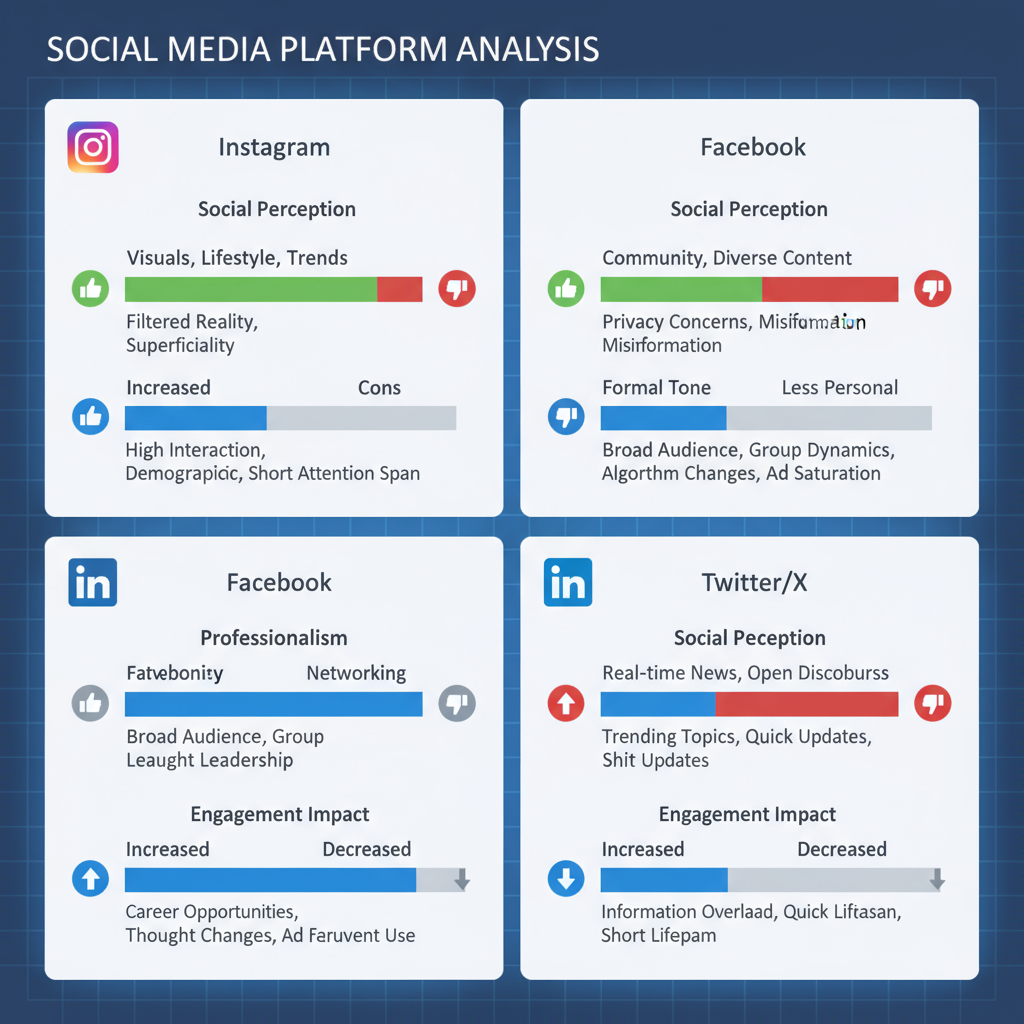
---
Alternative Engagement Strategies
Other signals can influence reach more effectively than likes:
- Meaningful Comments – Prompt deeper interaction.
- Tag Collaborators or Influencers – Tap into shared or niche communities.
- Strategic Hashtags – Increase discoverability to relevant audiences.
- Interactive Content – Polls, quizzes, and Q&As spark responses.
- Optimal Timing – Post when your audience is most active.
---
Conclusion: When Self-Liking Makes Sense and When to Skip It
Should you like your own post? It depends on context and audience:
- Acceptable – To modestly boost visibility, convey confidence on professional content, or break an initial “zero likes” barrier.
- Avoidable – If it risks your credibility or if platform norms lower its value.
Self-liking is a minor lever in the larger toolkit of social media growth. Prioritize authentic engagement, quality content, and strategic interaction over vanity metrics. By focusing on conversation and creativity, you’ll grow more sustainably than by repeatedly clicking the heart on your own post.
---
Ready to optimize your social media approach beyond self-likes? Explore your analytics, experiment with engagement tactics, and build a more dynamic audience connection today.

